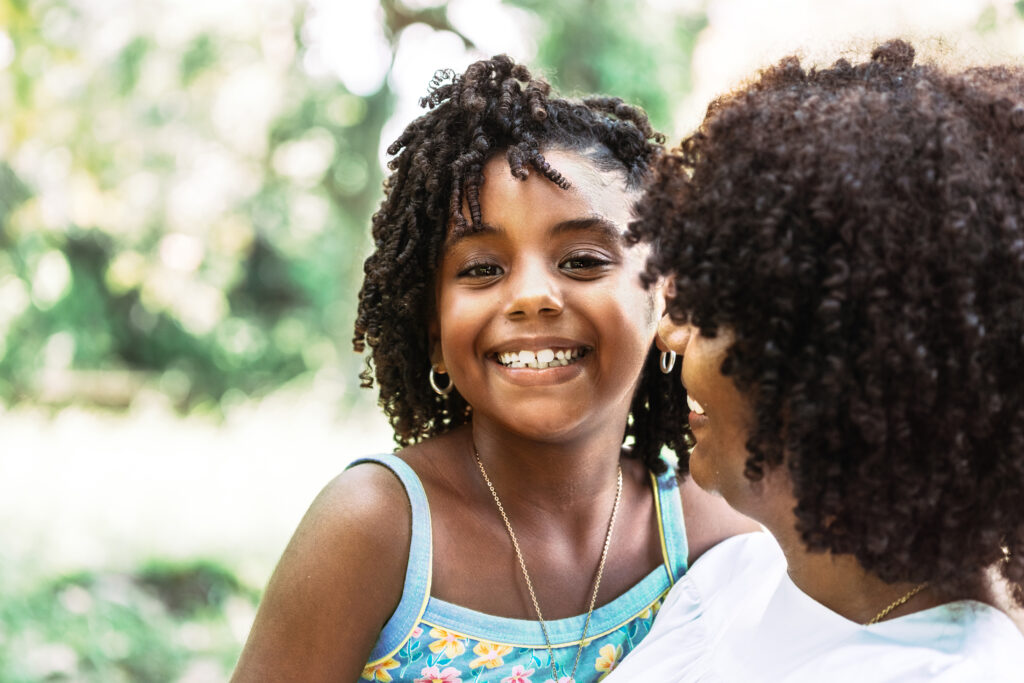An Amicable Divorce Could Be Better for Children Than an Unhappy Marriage
Staying together “for the kids” can do more harm than good if the home is filled with tension or emotional distance. Children absorb their environment and often mirror their parents’ relationships. A respectful, amicable divorce is often better for children’s well-being and models healthy, mature ways to handle conflict and family change.
When people say they’re staying together “for the children,” they often believe they’re protecting their kids. But growing up in a tension-filled home due to fighting, resentment, or even silence, can be more harmful than witnessing a respectful separation. Children are deeply sensitive to their environment, which means you are probably wrong if you think you’re successfully hiding your unhappiness.
Children Learn from Their Parents’ Relationship

Kids watch everything. They learn how to treat others, how to communicate, and what a relationship looks like by observing you. If your marriage is filled with distance or constant arguing, that becomes their model for future relationships. Even if you’re not fighting, silence and emotional disconnect can leave a lasting impression.
When children grow up watching unhappy parents, they may struggle in school, develop social difficulties, or feel overlooked. Parents consumed by their own unhappiness often have less energy and focus for their children’s emotional and academic needs.
Research supports this reality. A study published in the Journal of Family Psychology found that children exposed to high-conflict marriages often experienced higher levels of anxiety, depression, and behavioral problems. They don’t just witness the discord; they absorb it and carry it into their own lives.
Choosing Peace Over Tension
In contrast, an amicable divorce gives your children a different kind of lesson. It shows them that two people who disagree or no longer love each other in the same way can still work together with respect and care. It is a powerful example of cooperation and maturity.
When you divorce collaboratively, you are more likely to keep adult conversations private and away from your children. You are able to communicate calmly, make thoughtful decisions about parenting, and focus on what is best for your children, not just during the divorce, but long after.
The Association of Family and Conciliation Courts (AFCC) has found that children adjust better to divorce when their parents are able to remain respectful, communicate effectively, and work together as co-parents. These cooperative behaviors help children feel secure and supported through the changes happening in their lives.
The Divorce Process You Choose Matters
Amicable divorces do not happen by accident. The process you choose plays an important role in how your separation unfolds. Options like Collaborative Divorce and Mediation create a more peaceful environment by helping to ease emotional strain and encourage cooperation. These approaches help you stay focused on moving forward rather than dwelling on blame or resentment. They also allow you to keep your children out of the middle and reduce the emotional toll on everyone.
By choosing a respectful process, you show your children that even when relationships change, families can still function with kindness and care.
Helping You Make the Best Choice for Your Family
If you’re unsure whether to stay together or separate, remember that remaining in an unhappy marriage can affect your children more than you might realize. When they see their parents handle challenges with respect and calm, even during divorce, it helps them feel safe and supported.
At Vacca Family Law Group, we guide families through divorce using a non-adversarial approach. With compassion and care, we help you make thoughtful choices that protect your children and create a healthier future for everyone. Contact us today to schedule your free introductory call.
Vacca Family Law Group is located at One Grand Central Place, 60 E. 42nd St., Suite 700, New York, NY 10165.

